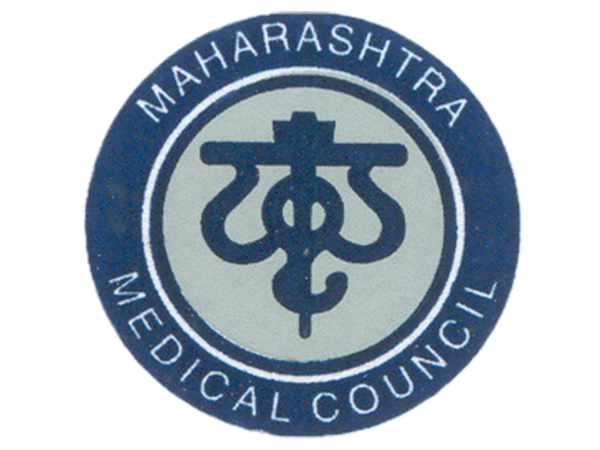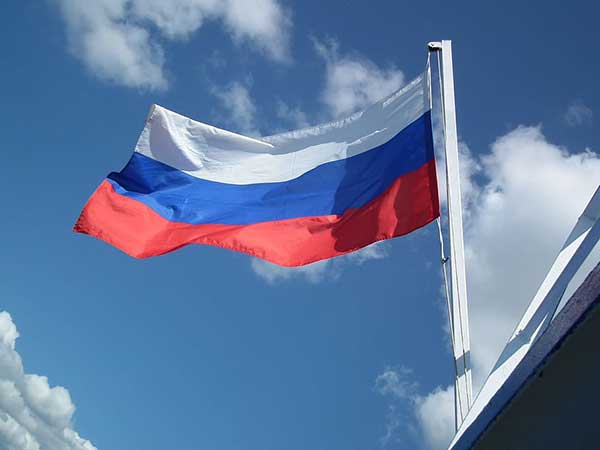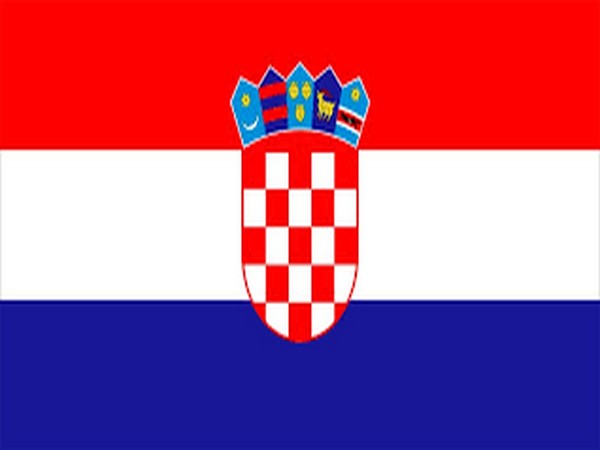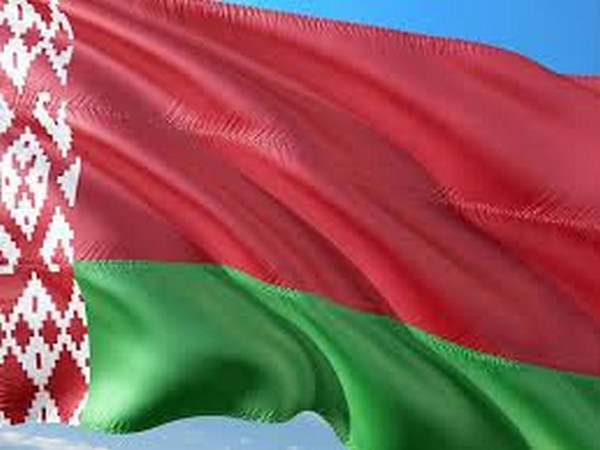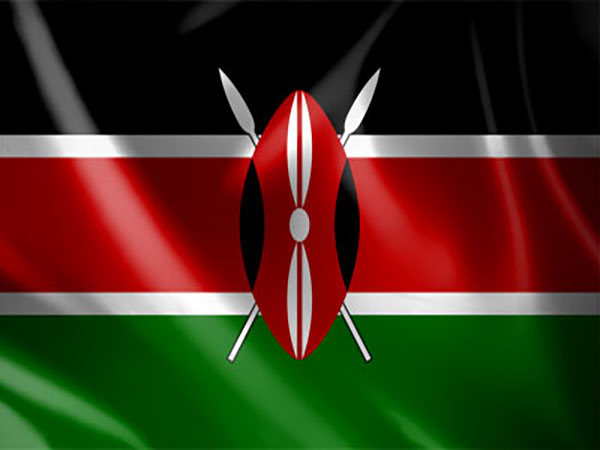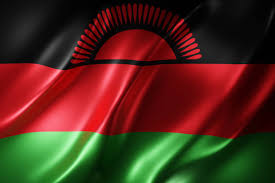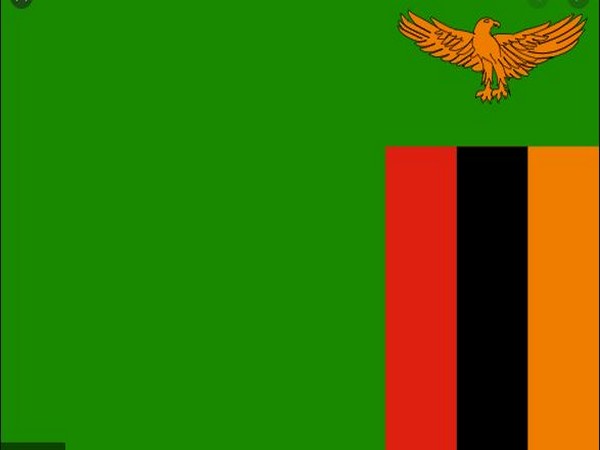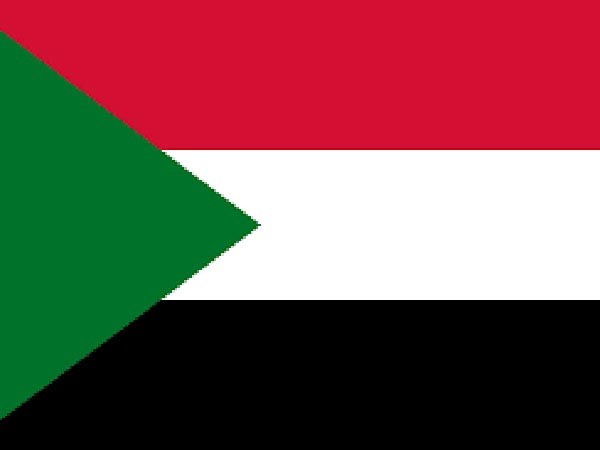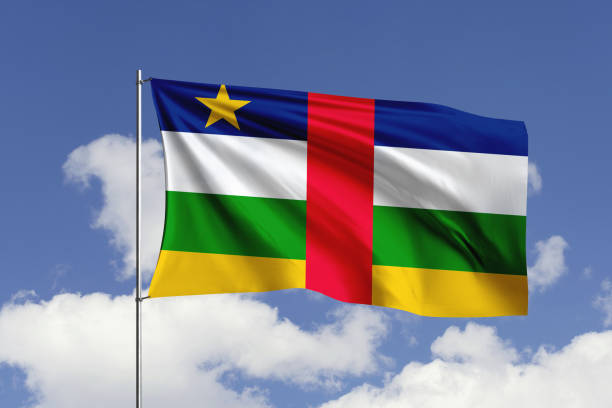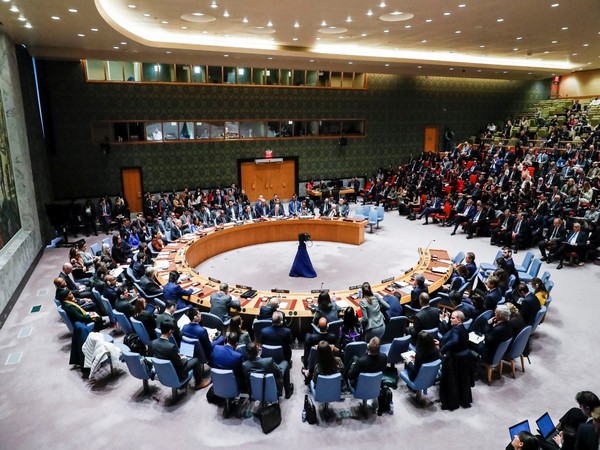
UN Security Council demands immediate Gaza ceasefire after US abstains
Mar 26, 2024
New York [US], March 26: The United Nations Security Council adopted a resolution demanding an immediate ceasefire between Israel and Palestinian militants Hamas after the United States abstained from the vote, sparking a spat with its ally Israel.
The remaining 14 council members voted for the resolution, which was proposed by the 10 elected members of the body. There was a round of applause in the council chamber after the vote.
"This resolution must be implemented. Failure would be unforgivable," U.N. Secretary-General Antonio Guterres posted on social media.
Israeli Prime Minister Benjamin Netanyahu said the failure of the U.S. to veto the resolution was a "clear retreat" from its previous position and would hurt Israel's war efforts and bid to release more than 130 hostages still held by Hamas.
"Our vote does not, and I repeat that does not represent a shift in our policy," White House spokesperson John Kirby told reporters. "Nothing has changed about our policy. Nothing."
Following the U.N. vote, Netanyahu canceled a visit to Washington by a high-level delegation that was due to discuss a planned Israeli military operation in the southern Gaza city of Rafah, where some 1.5 million Palestinians have sought shelter.
The U.S. was perplexed by Israel's decision and considered it an overreaction, said a U.S. official, speaking on condition of anonymity.
Washington had been averse to the word ceasefire earlier in the nearly six-month-old war in the Gaza Strip and had used its veto power to shield ally Israel as it retaliated against Hamas for an Oct. 7 attack that Israel says killed 1,200 people.
But as famine looms in Gaza and amid growing global pressure for a truce in the war that Palestinian health authorities say has killed some 32,000 people, the U.S. abstained on Monday to allow the Security Council to demand an immediate ceasefire for the Muslim fasting month of Ramadan, which ends in two weeks.
"It was the Hamas massacre that started this war," Israel's U.N. Ambassador Gilad Erdan said. "The resolution just voted upon makes it seem as if the war started by itself. Israel did not start this war, nor did Israel want this war."
Hamas welcomed the Security Council resolution, saying in a statement that it "affirms readiness to engage in immediate prisoner swaps on both sides."
FAMINE IMMINENT
U.S. Ambassador to the U.N. Linda Thomas-Greenfield said the U.S. fully supported "some of the critical objectives in this non-binding resolution," but added that Washington did not agree with everything in the text, which also did not condemn Hamas.
China's U.N. Ambassador Zhang Jun said Security Council resolutions are binding.
"For the millions of people in Gaza, who remain mired in an unprecedented humanitarian catastrophe, this resolution - if fully and effectively implemented - could still bring long awaited hope," he told the council.
Deputy U.N. spokesperson Farhan Haq said Security Council resolutions are international law, "so to that extent they are as binding as international law is."
However, ultimately if there is no ceasefire in Gaza, it is unlikely the Security Council will take any further action.
The resolution also demands the immediate and unconditional release of all hostages. Israel says Hamas took 253 hostages during its Oct. 7 attack.
"We believe it was important for the council to speak out and make clear that any ceasefire must come with the release of all hostages," Thomas-Greenfield told the council. "A ceasefire can begin immediately with the release of the first hostage and so we must put pressure on Hamas to do just that."
The resolution also "emphasizes the urgent need to expand the flow of humanitarian assistance to and reinforce the protection of civilians in the entire Gaza Strip and reiterates its demand for the lifting of all barriers to the provision of humanitarian assistance at scale."
Guterres urged Israel on Monday to lift all obstacles to aid into Gaza and allow convoys of the U.N. Palestinian refugee agency UNRWA into the north of the coastal enclave.
Famine is imminent and likely to occur by May in northern Gaza and could spread across the enclave by July, according to a U.N.-backed report by a global authority on food security released last week.
Displaced Palestinians in Rafah hoped a ceasefire would be implemented.
"We hope that this time there will be a ceasefire so that things will calm down and people can go back to their homes - enough bloodshed, destruction, martyrs, and death," Wafaa Al-Deais told Reuters as he made tea on a fire outside a tent.
The U.S. has vetoed three draft council resolutions on the war in Gaza. It has also previously abstained twice, allowing the council to adopt resolutions that aimed to boost aid to Gaza and called for extended pauses in fighting.
Russia and China have also vetoed two U.S. drafted resolutions on the conflict - in October and on Friday.
"This must be a turning point," an emotional Palestinian U.N. envoy Riyad Mansour told the Security Council after the vote on Monday. "This must lead to saving lives on the ground."
Source: Fijian Broadcasting Corporation

